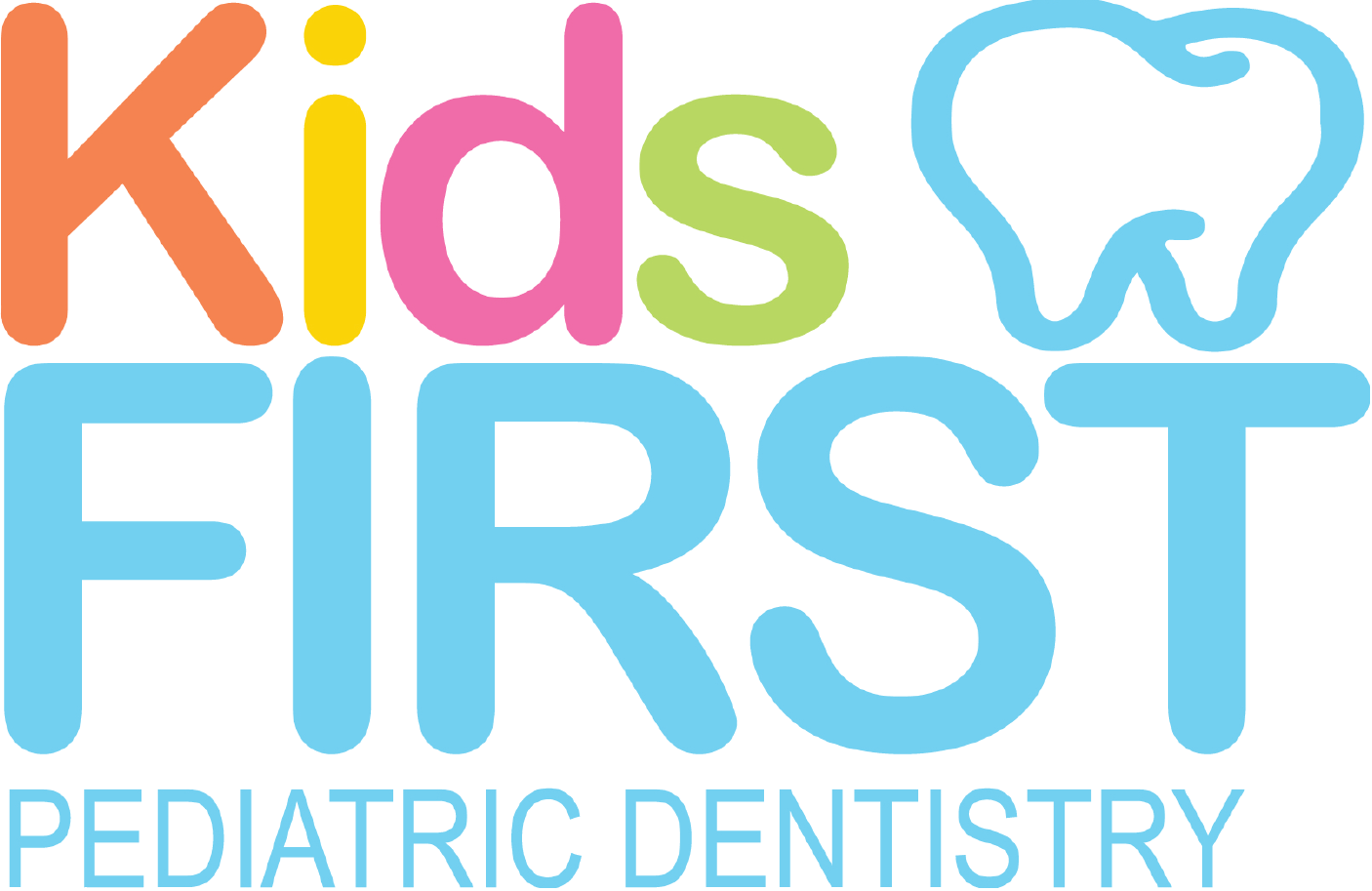As your child’s smile develops, the last adult teeth to show up are the molars in the back of the mouth, also known as wisdom teeth. These teeth may erupt on the top and bottom of their mouth on both sides, typically coming in between ages 17 and 21. While having enough molars to chew food is beneficial, sometimes there isn’t enough room in their jaws for their wisdom teeth to fit properly. They may have jawbone or soft tissue impeding the tooth’s emergence, or their presence can crowd the rest of the teeth and alter their overall bite. Neither scenario is ideal for their oral health.
Impacted Wisdom Teeth
When your child’s wisdom teeth impact their smile, we will generally recommend removing them through oral surgery. Rest assured, wisdom tooth removal is a common procedure, and after recovery, your child will be glad they were taken out. Impacted wisdom teeth occur when they haven't erupted yet from their gums, making them invisible. Unfortunately, impacted wisdom teeth can cause several problems:
- Overcrowding: Impacted wisdom teeth can leave your child’s teeth crooked and change their bite pattern. This can eventually lead to cavities, damage their teeth, and even cause bruxism or TMJ issues.
- Pericoronitis: This is an infection in the gums from an inability to clean a partially erupted wisdom tooth. The buildup of harmful oral bacteria, food particles, and dental plaque can lead to a localized infection.
- Cyst development: Impaction and infection can result in a fluid-filled sac, which, if left untreated, can destroy the necessary jawbone and may require a surgical bone graft to fix.
- Damaging nearby teeth: If wisdom teeth come in at an angle, they can push against adjacent teeth, causing problems below the gum line.
Best Age for Wisdom Tooth Removal
We recommend removing your child’s impacted wisdom teeth at a younger age when possible. This can help ensure their mouth and bite stay healthy. Sometimes, baby teeth may loosen and tighten again, blocking the emergence of the adult tooth behind it. Removing the baby tooth makes space for the adult tooth to come in fully. When primary teeth are not removed, the chances of wisdom teeth coming through above the primary teeth increase, which may require orthodontic care to correct alignment.
The removal process begins with taking X-rays of your child’s smile to view the roots and bone structure around the wisdom tooth. Then we can plan the extraction. Your child will be made comfortable with local anesthesia during the removal process, and we can administer a sedative if needed. Call us to discuss our sedative options. The tooth is removed using tiny instruments, ensuring that the surrounding bone stays intact. Stitches are usually used to close the area.
Post-Surgery Care
To keep your child comfortable after their wisdom tooth removal, you may use anti-inflammatory pain relievers like ibuprofen and antibiotics if prescribed. Ice packs can help manage inflammation on the outside of the affected area. It will be important for your child to stay well-hydrated and stick to soft foods like smoothies, soup, cottage cheese, applesauce, and mashed potatoes (and occasionally ice cream). These are gentle on the surgical site. Avoid hot foods, seeds, and nuts, and do not let them use straws or spit harshly to protect the blood clot over the extraction site.
If you have any questions about your child’s wisdom teeth, please reach out to our team today!
